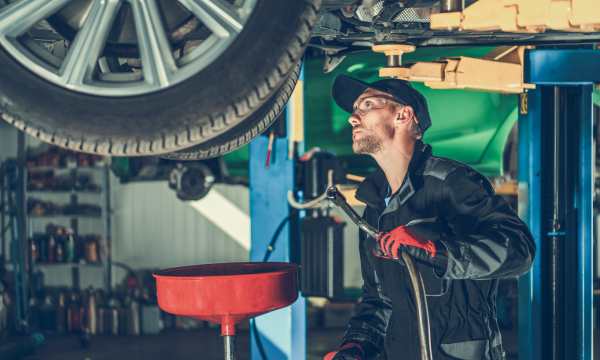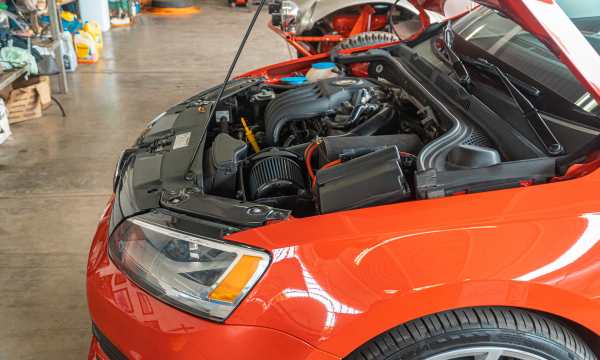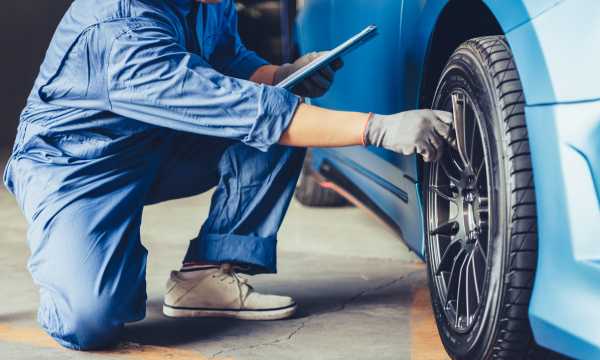Essential Tips for a Clean and Healthy Car
Keeping your car clean and healthy isn’t just about looks; it is also important for safety and comfort while driving and for retaining the value of your car.
Care and maintenance can make a big difference in the overall condition of your car, both outside and inside. Here are some simple but important steps you can take to keep your car clean and healthy.
1. Clean and Wash the Exterior Regularly:
Regularly washing the exterior of your car will not only keep it shiny and looking new but also protect it from dirt, grime and UV damage. Clean your car with pH-balanced soap, wash gloves and drink plenty of water. When wiping away dirt and grime, be careful not to scratch the surface. After cleaning, you can apply a layer of wax to protect it better and make it shine even more.
2. Protect Your Paint from Environmental Hazards:
In addition to washing and cleaning your car regularly, you should also protect your paint against, for example, bird droppings, tree sap and road salt. If possible, park your car in a garage or in a shady area, away from direct sunlight and weather conditions. Using a car cover can provide extra safety if you are parked outside for a longer period of time.
3. Clean and Condition Interior Surfaces:
Keeping the interior of your car clean will not only make it look better but also keep you and your guests healthier. Vacuum carpets, rugs and furniture regularly to remove dirt, dust and other small particles. Use a soft brush and a lightweight interior cleaner to gently clean the dashboard, door panels and centre console. Using conditioner on leather will prevent the leather from cracking and keep it supple.
4. Remove Odour and Bacteria:
Over time, your car’s interior can develop odours from spilled fluids, food particles, and a buildup of bacteria. First, carefully clean and vacuum the inside, paying special attention to areas where spills and stains can occur. This eliminates odours and bacteria. You can use a deodorant designed for cars or leave an open box of baking soda in your car overnight to remove odours naturally.
5. Replace and Clean the Air Conditioning Filter Regularly:
Car air filters are important for keeping the air in your car clean because they trap dust, pollen, and other airborne particles. Over time, these filters can become clogged, cutting off airflow and allowing contaminants to enter the vehicle. Consult your vehicle owner’s instructions to find out how often your cabin air filter should be replaced, and be sure to replace it when you need to improve air quality.
6. Clean the Glass and Mirrors in the House:
Make sure your windows and mirrors are clean to see clearly and stay safe while driving. Clean the inside and outside of windows and mirrors regularly with a glass cleaner and a microfiber cloth to remove dirt, stains and lines. You may also want to treat your windscreen with something rainproof to help you see it better in bad weather.
7. Keep Your Suitcase Clean and Tidy:
A lot of stuff goes into the trunk of your car quickly, making the car heavier and using more gas. Keep things clean and tidy by taking items you don’t use often out of your suitcase and putting them somewhere else. To keep important things organised and easily accessible, you may want to use storage bins or organisers.
8. Check and Repair Outdoor Lighting:
Working outdoor lighting is important for safety and visibility, especially at night and in bad weather. Regularly check your car’s brake lights, turn signals, headlights and taillights to ensure they are clean, bright and working properly. To maintain a good view of the road, replace burned-out bulbs immediately.
9. Check Tyre Pressure and Condition Regularly:
Keeping tyre pressure at the correct level is important for safety, gas mileage and tyre life. Check your tyre pressure regularly with a tyre pressure gauge and make sure your tyres are inflated to the level recommended in your car’s owner’s manual or on the tyre label inside the driver’s door. Also check the tyres for damage, signs of wear, or uneven tread wear. If you notice any problems, replace them immediately to ensure they are working properly and to keep you safe.
10. Develop a Plan for Regular Maintenance Inspections:
In addition to regular cleaning and maintenance, it is important to have your car regularly inspected by an experienced mechanic. Checking the fluid, changing the engine oil, checking the brakes, and rotating the tyres are all examples of regular maintenance that can help you catch problems early and save you a lot of money in repair costs down the road. To get the most out of your car’s performance, reliability and longevity, you should follow the maintenance schedule that came with your car and can be found in the owner’s manual.
Conclusion:
By following these important tips to keep your car clean and healthy, you can make driving safer and more enjoyable, while maintaining your car’s value and extending its life. Taking the time to maintain your car will be worth it in the long run, whether it means regular washing and waxing, interior cleaning and odour removal, or regular maintenance inspections. Remember, a clean, well-maintained car not only looks good, it also drives better, giving you and your guests greater peace of mind.
FAQs:
1. How often should I clean my car to keep it in good condition?
It is recommended to wash your car every two weeks, or more often if the car is exposed to harsh conditions such as mud, salt or bird droppings. This keeps it looking nice and protects the paint. Washing your car regularly will keep it looking good and prevent the damage from worsening over time.
2. What is the best way to remove hard-to-remove odours from your car?
If the odour doesn’t go away, start by thoroughly cleaning the interior of your car, including vacuuming and washing carpets and furniture. Enzyme car cleaners can help break down odor-causing substances. Bags of activated carbon or a professional ozone treatment can help neutralise and eliminate lingering odours.
3. How often should a car air filter be replaced?
When you should replace your cabin air filter depends on your driving style, but in general, you should do it every 12,000 to 15,000 miles. If you drive on unpaved roads or in high-pollution areas, you may need to change the filter more often to maintain high air quality in your car.
4. Can I clean my car windows and mirrors with the glass cleaner I use at home?
Around the house, glass cleaners can be used on car windows, but it is important to choose one that does not contain ammonia, as this chemical can damage car window shades and other surfaces. Glass cleaners specially designed for cars are safe for all windows and mirrors, so they clean well without damaging anything.
5. Why should you keep your trunk clean? What does this mean for my car?
Keeping your trunk clean will prevent items from damaging the interior or becoming a hazard if you need to make a quick stop. In addition, the extra weight in the trunk causes your car to use more gasoline. Using organisers and putting only necessary items in the trunk can help your car run better and use less gas, while also making driving safer.
 Car Maintenance Tips
Car Maintenance Tips
Discover essential car maintenance tips to keep your vehicle running smoothly and efficiently. 1. Introduction Regular car […]
More Seasonal Car Maintenance Tips for Year-Round Performance
Seasonal Car Maintenance Tips for Year-Round Performance
Maintaining your car is important to ensure that it lasts as long as possible, remains safe and […]
More Top 5 Essential Car Maintenance Tasks Every Beginner Should Know
Top 5 Essential Car Maintenance Tasks Every Beginner Should Know
For beginners, it can be difficult to find your way around the field of car repair. That […]
More